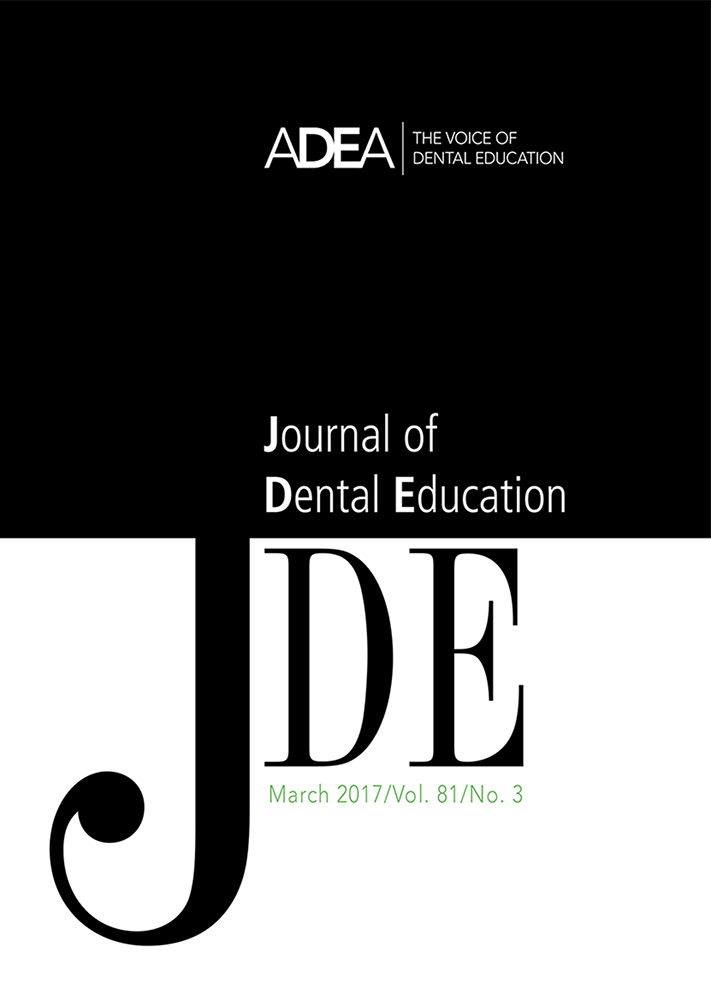Faculty Development for Metro New York City Postdoctoral Dental Program Directors: Delphi Assessment and Program Response
Abstract
Faculty development for dental academicians is essential to cultivate a continuous faculty workforce, retain existing faculty members, enhance their teaching skill sets, and remain responsive to changing program requirements and curricular reforms. To maximize the utility of dental faculty development, it is important to systematically assess and address faculty members’ perceived training needs. The aims of this study were to determine priority topics among one group of postdoctoral program directors and to translate those topics into faculty development programs as part of Columbia University's Health Resources and Services Administration (HRSA)-sponsored faculty training program for primary care educators. The study was conducted in 2013–16. A Delphi consensus technique was implemented with three sequential surveys of 26 New York City metropolitan area general, pediatric, and public health dentistry residency program directors. On the first survey, the five respondents (19% response rate) identified 31 topics. On the second survey, 17 respondents (response rate 65%) rated the 15 most important topics. In the third and final round, 19 respondents (73% response rate) ranked teaching research methods and teaching literature reviews as the topics of greatest interest. Overall, the responses highlighted needs for faculty development on teaching research methods, motivating trainees, trainee evaluation, and clinical care assessment. Based on these results, a series of six Faculty Forums was developed and implemented for dental educators in the metropolitan area, starting with the topic of teaching research methods. The process flow used for assessing training needs and developing and evaluating training can be applied to a variety of populations of educators.




